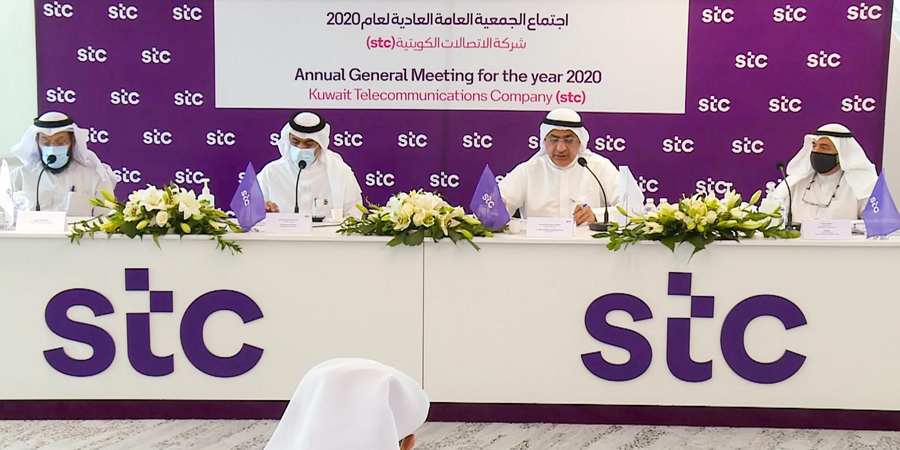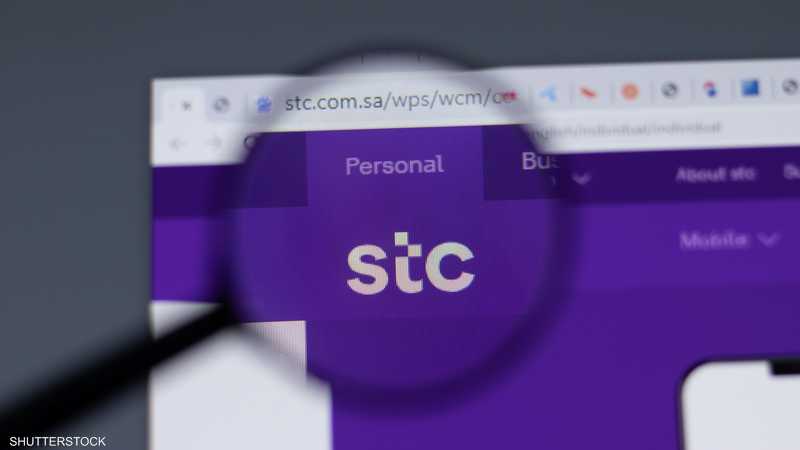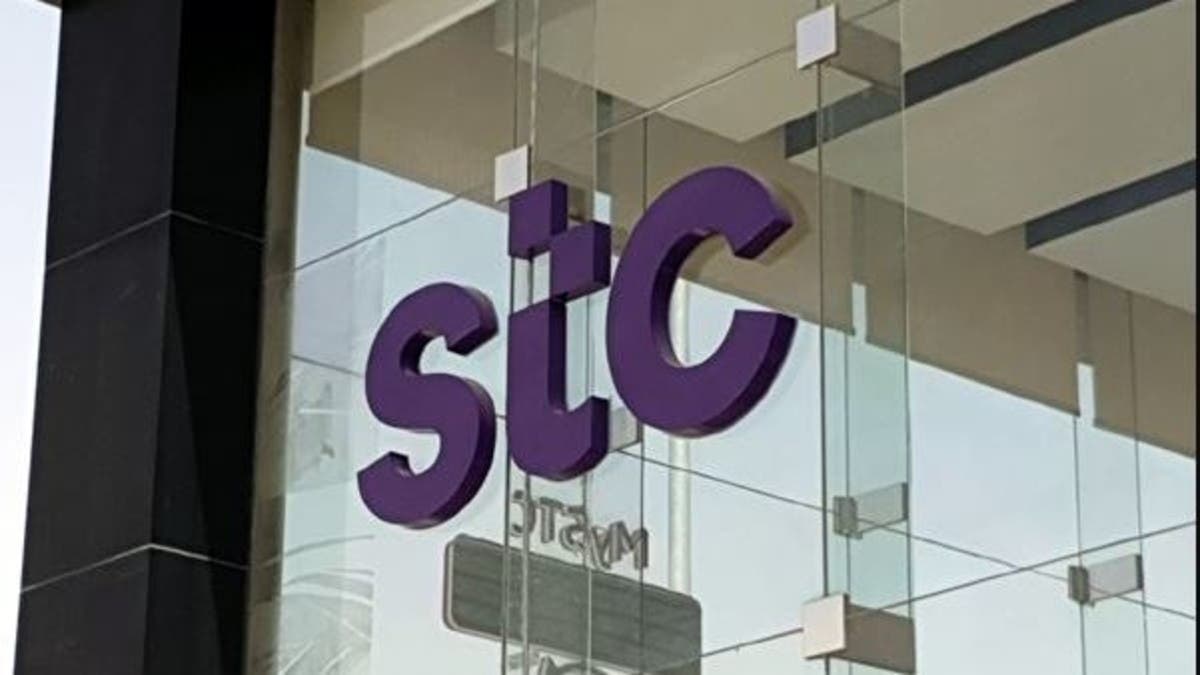
هيئة السوق" توافق على طلب العربية لخدمات الإنترنت والإتصالات "solutions by stc" طرح 24 مليون سهم من أسهمها للاكتتاب العام

مجلس إدارة "إس تي سي" يوصي بزيادة رأس المال بنسبة 150% إلى 50 مليار ريال (منح 1.5 سهم لكل سهم).. وتعديل سياسة توزيع الأرباح

عاجل: الاتصالات السعودية تحقق أعلى إيرادات في تاريخها والسهم يهبط بقوة في "تداول" بواسطة Investing.com

30 أغسطس.. عمومية "إس تي سي" تصوت على زيادة رأس المال بنسبة 150% إلى 50 مليار ريال (منح 1.5 سهم لكل سهم)























